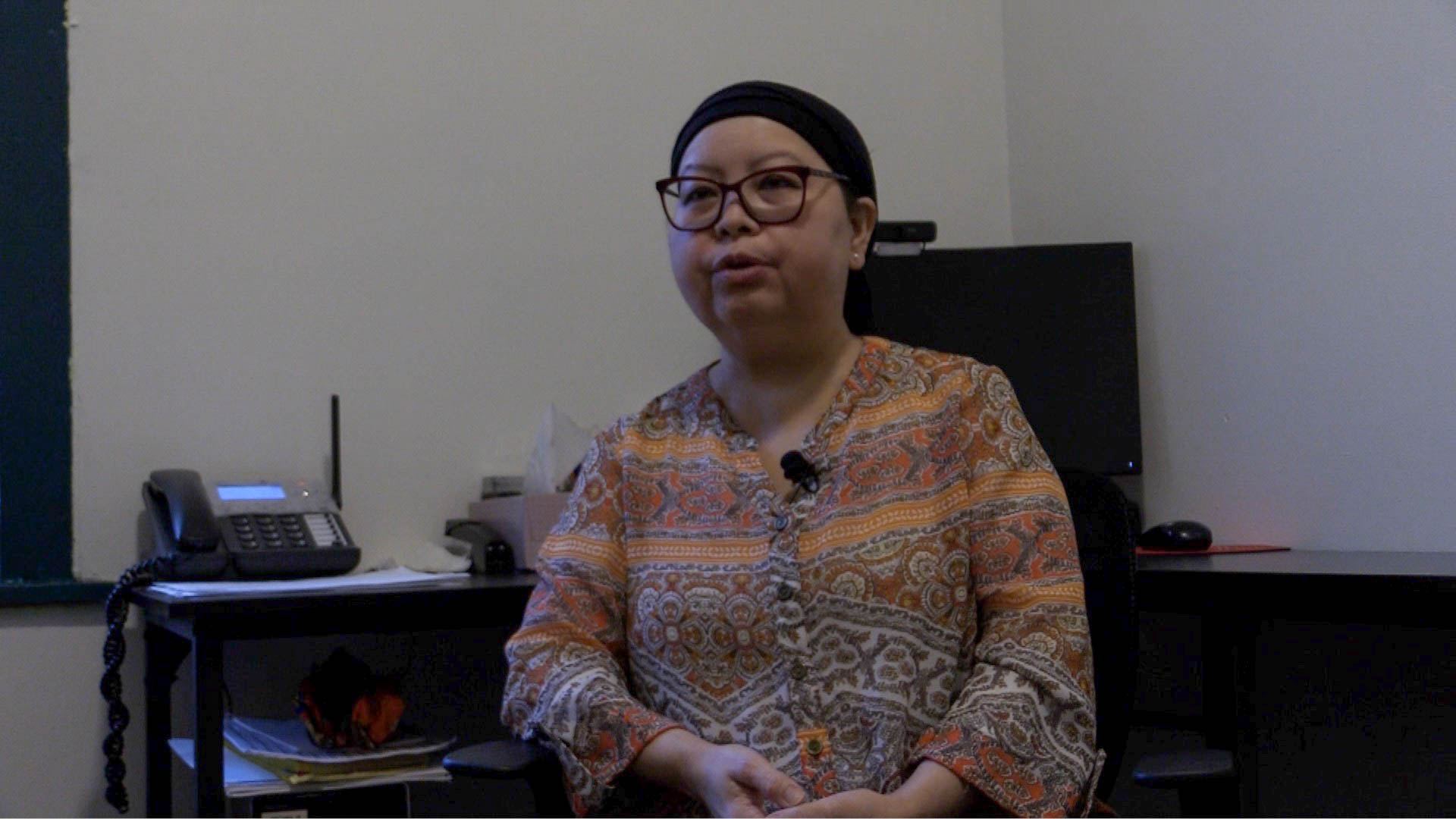
Children sponsored by the Restevek Freedom Alliance. Credit: Restevek Freedom Alliance.
There are currently 350,000 child slaves living in Haiti, according to U.N. estimates. The Haitian Creole term for these children is Retseveks.
Resteveks are sent away by parents who cannot afford to take care of them, to live with other more well off families. The families are then supposed to provide the children with a good home and an education in exchange for help with household chores. However, that’s not always the case.
“I would say that the preponderance of the homes of the treatment of [resteveks] is not good at all and a good percentage are abusive,” said Ellen Donahue, the U.S. Director of the Restevek Freedom Alliance, a non-profit organization based in Windham, Conn., “A very small percent might be okay.”
Haiti ranks second on the 2013 Global Slavery Index of countries where human trafficking is an issue. Child slavery is a significant part of the problem.
Ruthly Cadestein, 22, is a Haitian-American from Union, N.J. She plans to visit Haiti someday with the intention of advocating for Resteveks and other victims of human trafficking,
“My goal is to go to law school and get my JD and MBA and work with certain cases connected with human trafficking,” she said, “I want to speak for people who can’t speak for themselves.”
Donahue also said that Resteveks suffer from emotional, physical, and sexual abuse at the hands of their patrons and don’t get the opportunity to go to school or do things that a regular child would get to do.
“Many of them have no freedom to just be a kid,” she said.
Resteveks work as “house slaves” doing a variety of different types of labor. They are expected to work in the fields, go to the market to get food, clean the house, as well as get up early in the morning to fetch water from the common water supply in the villages.
“They’re often dragging huge, heavy pails of water,” Donahue said.
Cadestein finds all this quite ironic, since Haiti was the first colony to abolish slavery, yet it still exists there.
“I always say that Toussaint Louverture would probably be turning in his grave if he saw what was going on on the soil of Haiti,” she said, referring to a Haitian military general who fought for Haiti’s freedom and to eradicate slavery.
The devastating poverty in Haiti forces many parents to send their children away, because they simply can’t afford to keep them. Cadestein thinks that these parents should not be condemned for making the choice to send their children away.
“I always say it’s not good to judge at all, because you never know what someone else is going through”, she said, “When you’re forced to think about which child you’re going to give away, that’s unbelievable.”
The Restevek Freedom Alliance is working to make a change little by little, so parents won’t have to resort to these measures. The organization has so far raised $50,000 to build homes and schools for former Resteveks and children who are at risk. The money is also used to provide the children with a variety of other things such as school uniforms and supplies, field trips, bikes to get to school and back as well as toys.
“I think we’re a probably a tiny drop in a big bucket,” Donahue said. “However, for our 32 children, their lives are improving.”
Donahue travels to Haiti every few months to and gets a chance to spend time with some of these children. She and other members of the organization play with the children, work on projects together as well as take part in educational activities.
“I think they’re able to be kids,” Donahue said, “It’s not like we shower them with gifts. We just allow them to play, which I don’t believe that the children who served as Resteveks were able to do at all.”
Cadestein on the other hand has never been to Haiti, but still feels a strong connection to the country and is passionate about this issue. She is thankful that her family immigrated to the U.S., that she was given so many opportunities and wants the same for children living in Haiti.
“I am happy that we’re here, but at the end of the day, it is your mother home and when your mother home is suffering and crying, you feel that pain too,” she said, “Those people, they’re your brothers and sisters. They come from the same baseline as you.”
